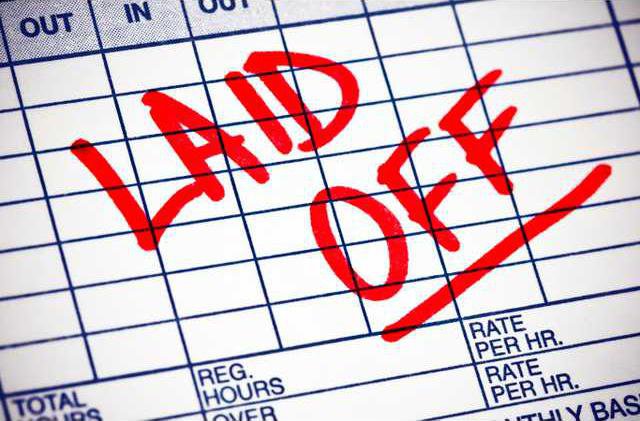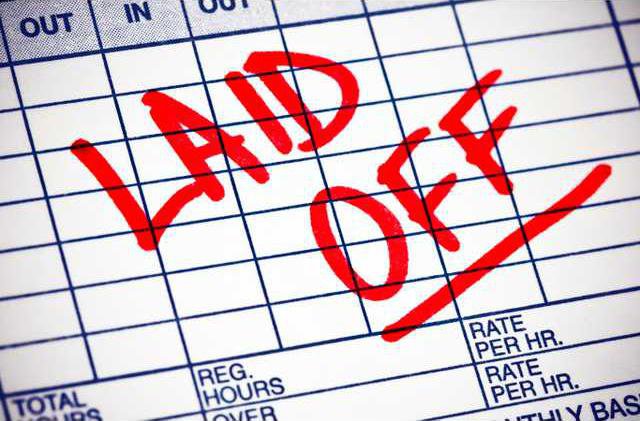Upper-income folks have experienced rich economic recovery, while low- and mid-income families continue to lag, and consumer confidence is weak, according to recent reports that highlight a post-recession widening gap in the way differently situated households have fared.
Despite positive economic indicators on the housing and stock market fronts, the average consumer was "largely unmoved," said Carroll Doherty, director of policy research at Pew Research Center, which last week released a survey showing 56 percent of Americans believe they are losing ground financially, with their incomes unable to keep pace with the cost of living.
Similar great disparity was found in the economic recoveries of rich and poor during the most recent Federal Reserve’s Survey of Consumer Finances. The survey, conducted every three years, interviewed more than 6,000 American families in 2013 about their finances. It found the top 10 percent of earners saw good income gains, while the next 10 percent saw slight gains. Everyone else experienced real income drop. And the lower the income bracket, the steeper the decline.
Put another way, average income is rising, driven by gains for the wealthy, but median income is stagnant, said John Deskins, associate professor of economics and director of the Bureau of Business and Economic Research at West Virginia University.
Two economic realities
Just 5 percent of those surveyed by Pew said their income is rising faster than the cost of living. The exception to that negative view comes from people in the highest-income category. Overall, 45 percent said they've lived through at least one serious financial hardship over the last year, such as losing a job, falling behind on a bill or not being able to afford medical care.
Two-thirds of families making less than $30,000 a year faced such an economic challenge recently, the survey found.
One in five predict the situation will get worse in the coming year, while a similar percentage expect it to get better. Most of the middle group, 54 percent, predict a same-old, same-old scenario.
Officials recognize growing income disparity as a problem. When Federal Reserve chairwoman Janet Yellen testified before Congress a couple of months ago, she called the enlarging gap between the wealthiest and everyone else "very disturbing."
On a more positive note, Americans have reduced debt somewhat, which in turn means they spend a smaller portion of their income on debt.
Perception and pessimism
Doherty said economic pessimism in the Pew report may have been prompted by factors like layoffs, inability to find work or a lack of raises that keep up with the cost of living, rather than by creeping inflation. Whatever the combination of factors, it has hit those with lower incomes especially hard. Not just the poorest, but many of those in the middle-income range are not keeping up.
"Perception really matters," said Doherty. "It takes a lot of good news, of positive development to turn overall economic views around. People are in some ways just coming to grips with how serious a blow (the recession) was. Recovery since has not done a lot to boost optimism. The recovery is bumping along, but it's not terribly robust and certainly not enough to lift people."
While some are becoming more willing to spend than in the past, they are doing so with a degree of caution, he said.
"Consumer confidence is really important; confidence is key," said Deskins, who described a "vicious cycle" of lost jobs that reduced confidence, which led to less spending that hurts even more.
Positive economic news does register but people distinguish between quantitative and qualitative improvement, Doherty said. "People see jobs in their communities, a huge improvement over what was there during the depths of the recession. They see it is picking up," he said. "But you ask people, and fewer say there are good jobs, not just jobs generally."
That differential view between jobs and good jobs is particularly strong among young people who were "really slammed by the recession and who are struggling to launch careers, start families, buy houses," said Doherty.
"It's a tough situation. ... Because of the depth of the crisis and what came after, it's going to take a real sense things are turning around in a major way before attitudes turn," he said.
Now what
Speculation about why income groups differ in their views of economic well-being focuses on disparity between highly educated, skilled workers who make a good living and those with neither great skill nor high educational attainment, whose incomes are not rising. "People with lower levels of education who have seen their job skills erode have a much harder time," said Deskins.
Globalization has contributed, too, he said. Certain types of jobs have been outsourced to countries where labor is cheaper. Conversely, globalization has helped those with the right kind of skills, who are now better able to compete.
A new report, "An Economy Doing Half Its Job," by the Harvard Business School U.S. Competitiveness Project, noted businesses are beginning to thrive again as part of economic recovery, but workers in all but the elite income class are not benefitting. The report suggests prosperity will elude America as long as only one economic group is making gains.
"Shortsighted executives may be satisfied with an American economy where firms operating here are winning without lifting U.S. living standards. But leaders with longer perspectives understand that companies can't thrive for long while their workers and their communities struggle," one of the authors, business professor Michael E. Porter, said in a written statement.
In a news release, Harvard researchers noted that "the survey findings suggest that the prospects of companies and workers are moving in opposite directions. Respondents who thought U.S. firms would be better able to compete in the global economy in three years outnumbered those who expected firms to be less able to compete. But those who predicted lower wages and benefits outnumbered those who foresaw better earnings for workers."
Without question, said Deskins, what has emerged since the economy started growing again in 2009 has been the "slowest, most anemic recovery we've seen in a long time — since the Great Depression." But there continue to be positive signs, including increased pace of job growth which, despite slowing last month, is better than it was for a long time.
"We will never be fully back to a healthy economy until confidence is restored. It has improved dramatically since 2008, but it's not back to pre-recession," he said.
Email: lois@deseretnews.com, Twitter: Loisco
Weeping wallets: Economic recovery has skipped most income groups





